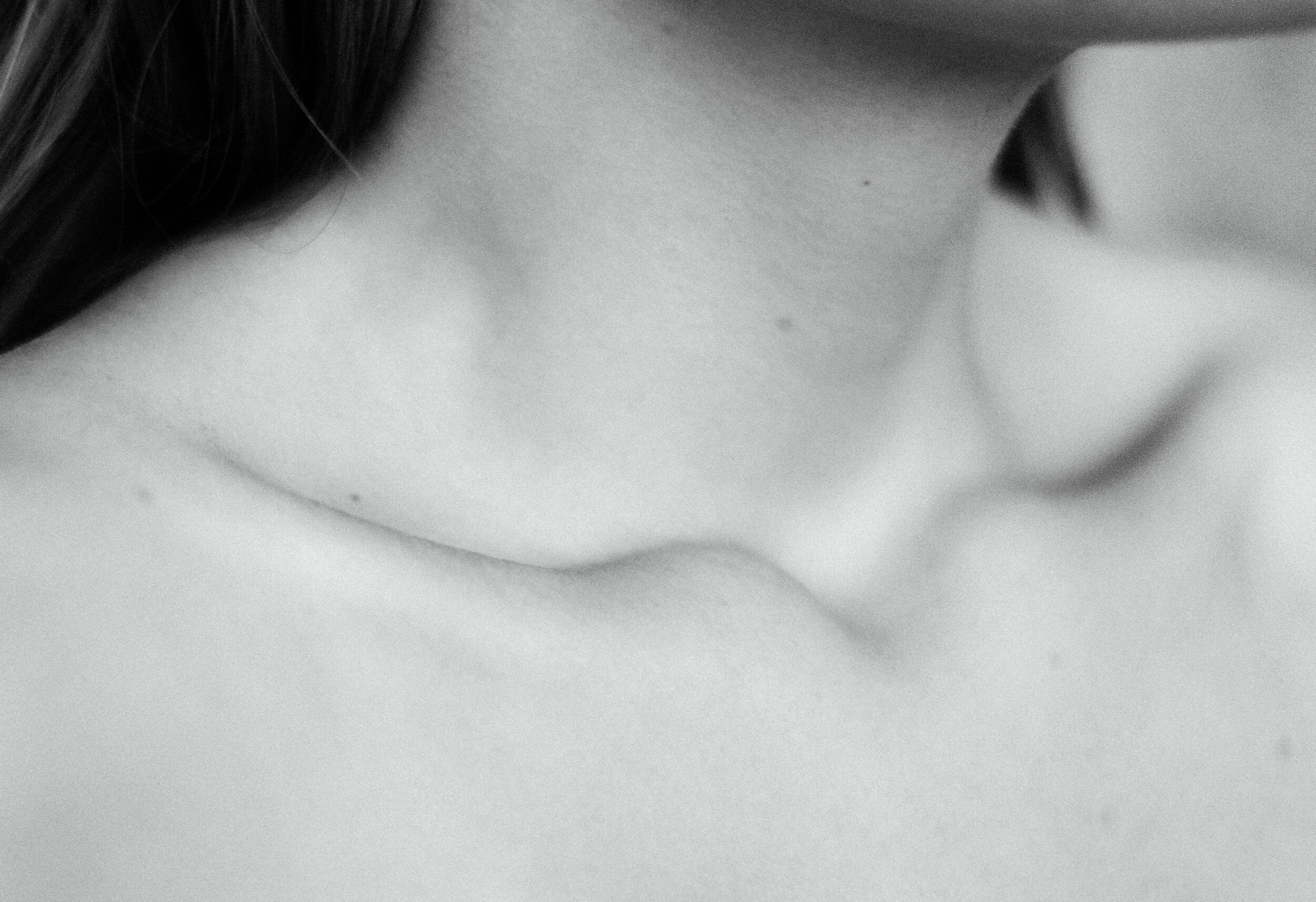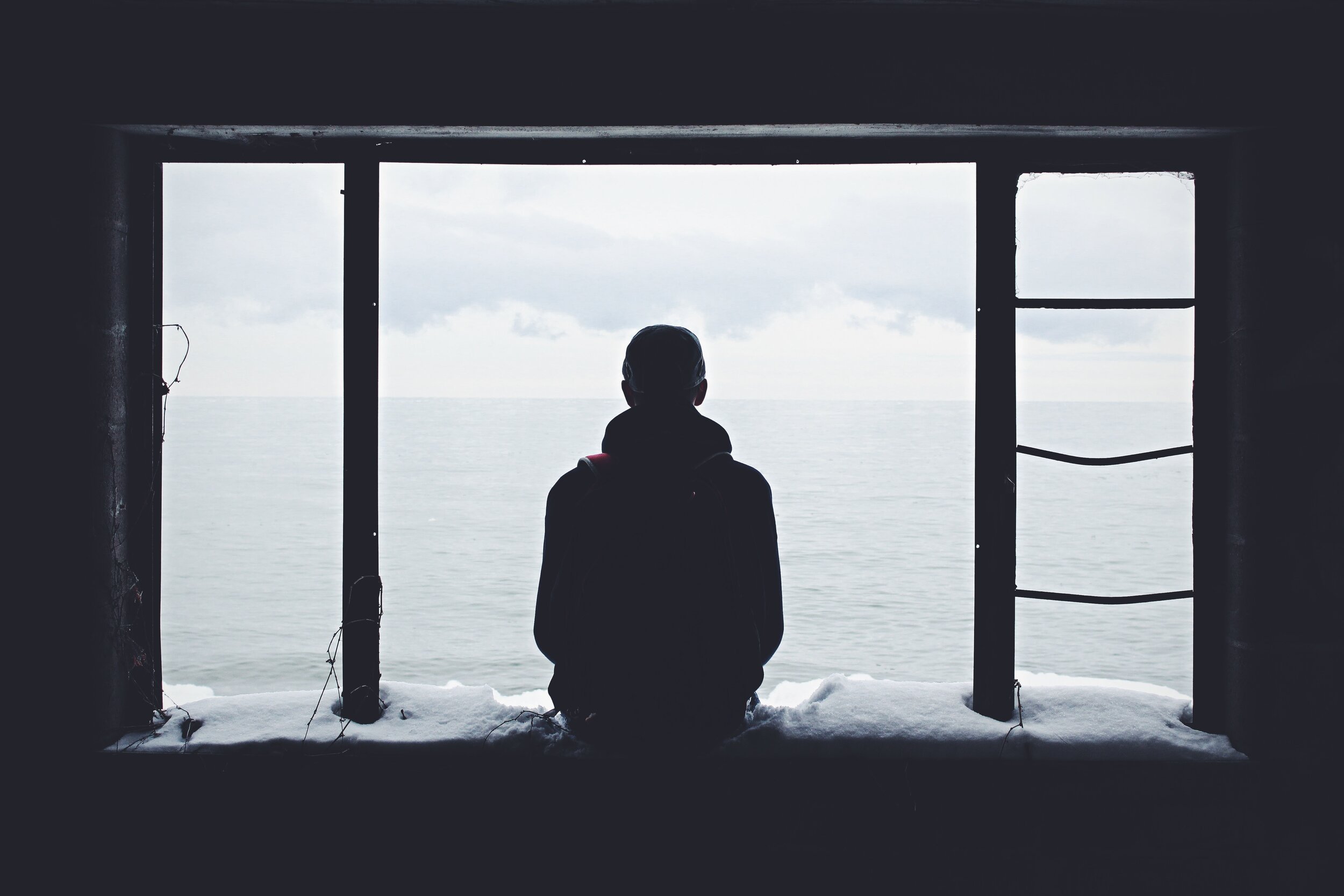Acupuncture for Migraines
/There’s no denying the recent times have been difficult for all. It’s stressful, and anything but normal to be secluded for this long. Unfortunately, with stress can come headaches — and those who suffer from migraines know this all too well.
Anyone who has ever suffered from migraines knows how debilitating they can be. They can last anywhere from a few hours to a multiple days, and often bring along other symptoms like nausea and vomiting.
While stress and diet are believed to potentially contribute to migraines, part of the frustration surrounding them is that the cause can be different in each patient, making them extremely difficult to prevent. And chronic migraines can lead to further issues like anxiety and depression.
Thankfully, there is one treatment that seems to be making a difference.
Florida-based, licensed acupuncturist Renee Sarra has been treating migraine sufferers with acupuncture. The treatment can be effective by managing the changes in the brain that migraines bring on. By doing a full body structure assessment, Sarra tries to identify what is bringing the migraines on, then treating through specific acupuncture points. In conjunction with massage therapy, Sarra says acupuncture helps patients relax. As she puts it, she’s trying to “get this fire, this energy out of the head.”
Recently, research conducted at the 254th Hospital in China seems to back up the effectiveness of acupuncture for not only treating migraines, but potentially preventing them. The study tested 120 total migraine patients between the aged of 18 and 70 who were divided into four groups. One group was treates with electroacupuncture in the projection zone, another was treated with conventional acupuncture applied to eight specific points.
Both groups were treated once per day over the course of 10 days, and in both groups, the treatment was successful when compared to the other groups (non-acupoint group and drug group). The Projection Zone group saw an effective rate of 93.3%, while the conventional acupuncture treatment saw an 86.7% success rate.
If you or someone you know suffers from chronic migraines and hasn’t yet tried acupuncture, a migraine-free future may be just a treatment away.




















